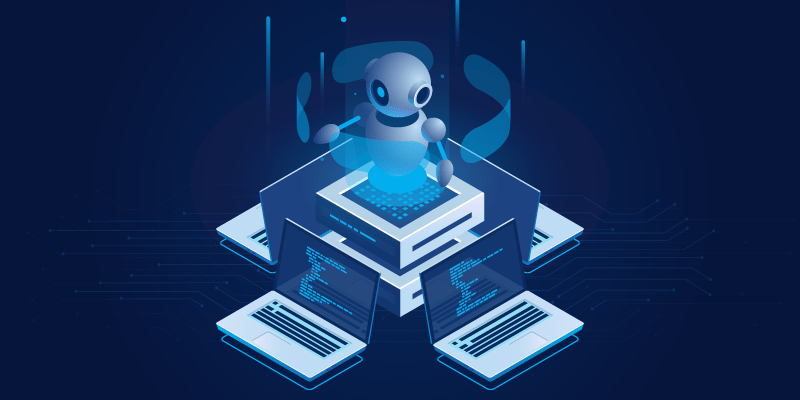Robotic Process Automation
What is Robotic Process Automation?
Robotic Process Automation (RPA) is the term used for software tools that partially or fully automate human activities that are manual, rule-based, and repetitive. The software robots (A.K.A Digital Workers) work by mimicking and replicating the actions of an actual human interacting with one or more software applications to perform tasks such as data entry, standard transaction processing, or responding to customer service questions.
Robotic Process Automation tools do not replace the underlying business applications; rather, they automate the manual tasks of human workers. They essentially look at the screens that workers look at and fill in and update the same boxes and fields within the user interface by pulling the relevant data from the relevant location.
Some Purposes Served by RPA
- Automates routine and repetitive tasks to reduce the human workload and allows for time to be allocated to more meaningful work.
- Frees humans from monotonous, low-value-added work, and reduces human error.
- Helps to ensure that outputs are complete and correct.
- Helps to ensure that tasks can be completed more quickly.
- They work by replicating the actions of an actual human interacting with one or more software applications to perform tasks such as data entry and processing standard transactions.
RPA Benefits Compared to Traditional Methods
| Header 1 text | Header 2 text |
|---|---|
| Cell A text | Cell B text |
